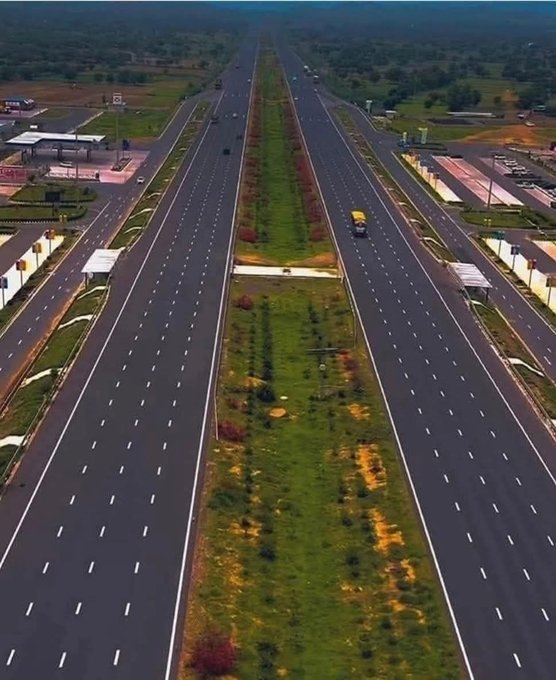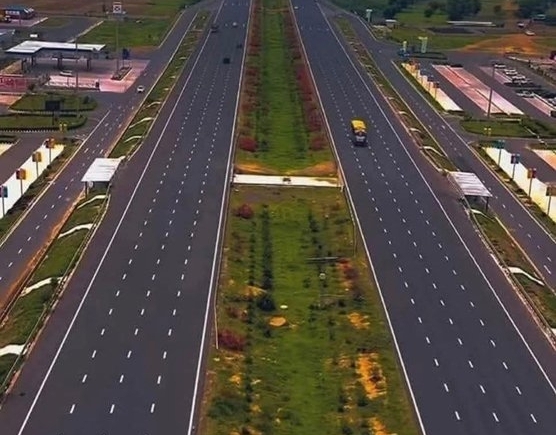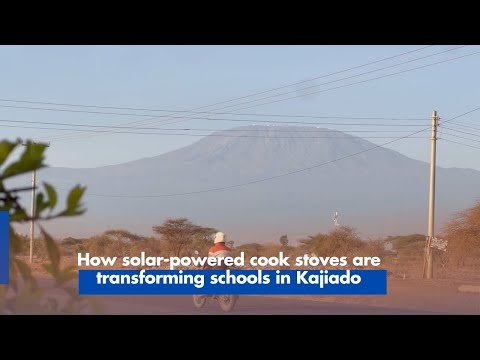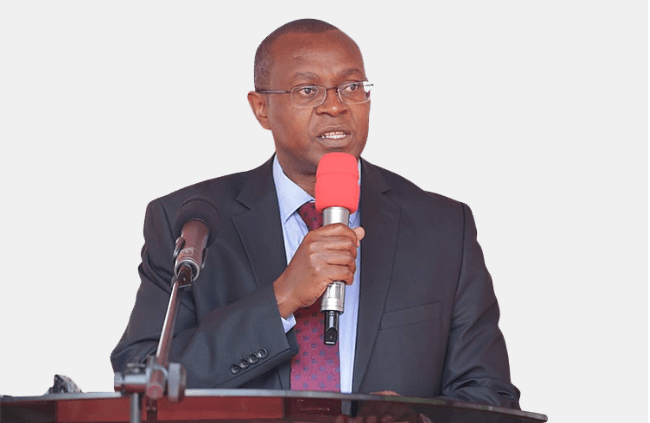Kenya's fuel shortage for three weeks will end soon as Oil Marketing Companies resume normal importation.
A record seven oil tankers have been booked at the Port of Mombasa over 12 days, bringing in about 925 million litres of petrol, diesel, kerosene and cooking gas.
According to the Kenya Ports Authority data, there are currently two ships set to discharge as much as 372 million litres of product at the Kipevu Oil Terminal.
Two other tankers that arrived on Tuesday and Wednesday have brought in 186 million litres.
Three more are expected between Thursday and Sunday, bringing 365.4 million litres.
The entire consignment is expected to lift the country’s fuel stocks back to normalcy.
"Tankers are coming," KPA principal communications officer Hajj Masemo said. He indicated the average per week arrival has gone back to the normal four tankers.
The incoming volume is above the Kenya Pipeline Company’s total storage capacity of 858 million litres for its depots in Mombasa, Nairobi, Nakuru, Eldoret and Kisumu.
By Wednesday, independent dealers accounting for about 45 per cent of fuel sold in the country had not received supplies for the fourth consecutive week.
Shortages were reported in small urban areas and rural parts of the country.
Most affected areas are Nyanza, Western, upper Rift Valley and Northeastern, where independent dealers are dominant.
This has been blamed on lack of a wholesale price by the Energy, Petroleum and Regulatory Authority (EPRA), a week after it reviewed the retail prices.
Major Oil Marketing Companies (OMCs) have also been reluctant to sale to independents and have instead held onto their limited stock, awaiting fresh imports.
“We still don't have fuel,” Kenya Independent Petroleum Distributors Association chairman Joseph Karanja told the Star on the telephone on Wednesday.
This has left most of the more 1,200 licensed independent dealers countrywide with dry pumps. Those selling have been forced buy their stock at normal retail prices, forcing them to increase their pump prices to break even.
Some franchisees or dealers trading on major Oil Marketing Company’s brand names are also accessing product at near the retail prices.
Total (depot) for instance has been selling a litre of diesel to its own stations at Sh124.50, the Star established, a few cents off the recommended pump price of Sh125.50 per litre in Nairobi.
The shortage had been blamed on failure by the government to pay OMCs the difference on the subsidised prices, which they claim has denied them enough cashflow to import. This has however been resolved.
On Monday, the Energy and Petroleum Ministry said that majority of petroleum retails stations across the country were carrying out business as normal.
“The long queues witnessed in the past two weeks were gone,” the ministry said in an update on the petroleum supply situation.
CS Monica Juma had on April 14 assured the country of restoration of normalcy within 72 hours (three days), as imports continued to increase.
Between April 14 and Monday, 13.3 million litres of diesel and 10.6 million litres of petrol had been loaded and supplied in the market.
This is equivalent to about two days or less of the daily consumption averages of 5.5 million litres of petrol and 7.4 million litres of diesel.
As of the afternoon on April 18the total petroleum stock held by the Kenya Pipeline Company was 52.9 million litres of petrol and 82.2 million litres of diesel, the ministry said, enough for as long as two weeks.
This was less than 20 per cent of the total KPC holding capacity.
The ministry however assured the country the supply of petroleum products to the country was well within plan.
"The government, once again reiterates that there is adequate availability of the products at the points of use," the ministry said.
The process of reallocating of import capacities among OMCs is ongoing, the ministry said, and will be completed by April 21.
This informs the amount of refined products each OMC can import within a specific period.
Meanwhile, the government is keen to have the National Oil Corporation of Kenya import at least 30 per cent of the volumes.
That move will reduce over reliance on the big players, and assure constant supply to independent dealers in the country.
Volumes are currently imported through the Open Tender System where the major OMCs compete and the winner imports on behalf of the market, at a fee.
They then access the products directly to their depots through the KPC, which is only a transporter.
Meanwhile, the Director of Criminal Investigations is investigating companies reported not to maintain minimum operational stocks or that have been hoarding products in the past two weeks.
WATCH: The biggest news in African Business











